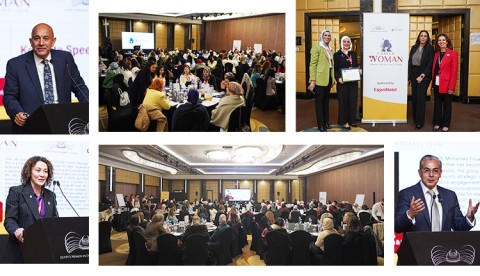Kuwait’s oil minister, Saad Al-Barrak announced a new strategy to boost oil and gas production on Monday and said his country would prepare the infrastructure for the Durra gas field, which it shares with Saudi Arabia and Iran claims a stake in.
“Offshore Durra gas field is considered one of the most important axes of the government’s work program in the current legislative session,” said Al-Barrak.
A spokesman of Kuwait Petroleum Corporation (KPC) said last week that Durra is expected to be fully commissioned by 2029.
A Kuwaiti-Saudi Arabian agreement signed last year to develop Durra, which holds an estimated 20 trillion cubic feet in proven reserves, has been criticized by Iran, which has previously said it has a stake in the field and called the agreement “illegal”.
Al Barrak said in July Kuwait and Saudi Arabia had exclusive rights in Durra and called on Iran to validate its claim by demarcating its own maritime borders first. He said later the same month Kuwait would start drilling and begin production without waiting for the demarcation.
Under KPC’s new strategy, subsidiary KOC also aims to increase oil production capacity to 3.65 million bpd by 2035 and will ensure about $11 billion of additional revenue for the state in the next five years, said KPC CEO Sheikh Nawaf Saud al-Sabah adding that Kuwait’s oil reserves are estimated at 100 billion barrels.
Currently, Kuwait’s production capacity stands at 2.9 million bpd and is projected to reach 3.2 million bpd by 2025 or 2026, said Ahmed Jaber Al-Eidan CEO of KPC subsidiary Kuwait Oil Company.
In addition to increasing oil production, Kuwait is also focused on expanding its gas production capacity. The Kuwait Oil Company (KOC), a subsidiary of KPC and responsible for about 90% of Kuwait’s oil output, plans to reach a gas production capacity of 1.5 trillion cubic feet per day by 2040, Al-Eidan said.
KPC will spend $410 billion through 2040 on the strategy through its cash flow, debt, and partnerships with other companies, said Bader Al Attar, KPC managing director for planning and finance.
KPC and its subsidiaries plan to invest $110 billion – out of the $410 billion – to achieve the group’s energy transition goals, Al Attar added.
Kuwait is also engaged in discussions with Iraq regarding the appropriate production mechanism for the Ratqa and Abdali oilfields, which the two countries share, Sheikh Nawaf, said at the conference on KPC’s new strategy on Monday.
In 2019, Iraq and Kuwait appointed British energy advisory firm ERC Equipoise to prepare a study for the development of joint border oilfields.
Moreover, KPC aims to increase its refining capacity to 1.6 million bpd locally and 425,000 bpd abroad by 2025.
The Al Zour refinery complex in the south of Kuwait is expected to operate at its full capacity of 615,000 bpd within days, said Waleed Al Bader CEO of KPC subsidiary Kuwait Integrated Petroleum Industries Company (KIPIC).
The CEO of KPC’s international arm Kuwait Petroleum International, Shafi Al-Ajmi, said full commercial operation of Oman’s Duqum refinery, in which KPC has a stake, was expected by the end of 2023, with all units operational, 99% of construction complete and trial operations at 81%.
Notably, Kuwait Foreign Petroleum Exploration Company (KUFPEC), which is another KPC subsidiary, is in serious discussions to acquire the largest gas field in Asia, although further details have not been disclosed.








